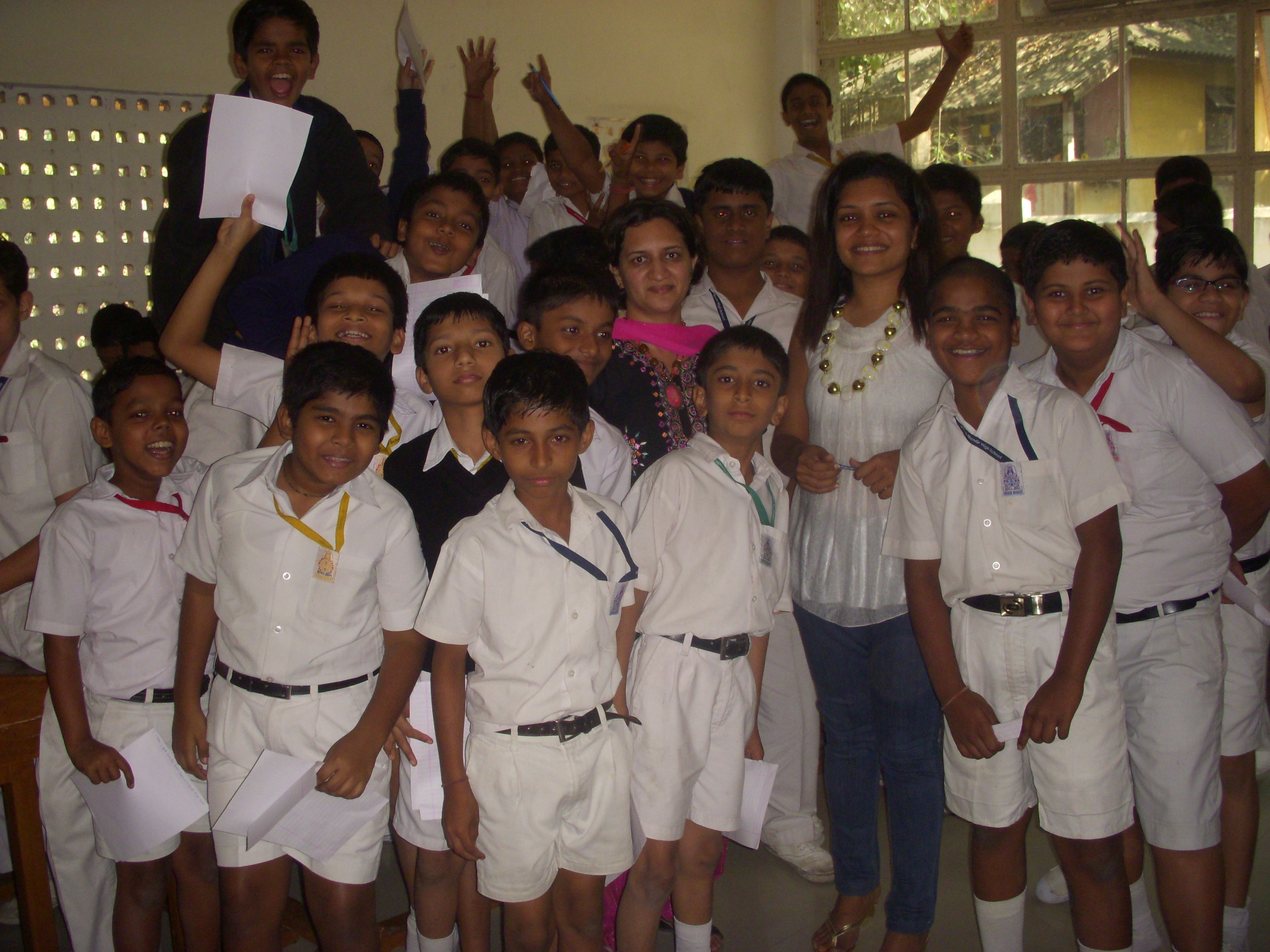We’ve got easy personal finance tips and some budget app tips to end year 2024 better than it started.
by Mr Paisa Vasool
At the beginning of this year, you had the highest hopes of yourself. You were going to get that promotion this year with sheer hard work – or change jobs – go on an international trip, invest in a good bunch of stocks, and manage your money much better than you normally do. Indeed, you may even have achieved the other goals already. But can you say you’ve been the best money manager for your money?
There’s still time for some course correction. Here’s what I would do if I wanted to become my best money manager for 2024:
#1 Do not buy bank-recommended financial products. If you already have, try and get out of them by either redeeming them or reducing their term by converting into a better product.
Sure, your relationship manager at your bank is your best friend, and they recommended ULIP and guaranteed returns plans which were supposed to be the best thing since sliced bread. But, they really are not. Most bank-recommended financial products are pitched with the sole purpose of making employee targets for the year. They might not necessarily give you the high returns you expect.
Redeem the policy or product if you can. You might not make much money with this approach, but at least you can get your invested sum back. If not able to redeem, check if it can be converted to another plan with better returns. If nothing is possible, you will have to sit with the product till it matures.
#2 Pay yourself first every month.
High unemployment and upward-creeping inflation notwithstanding, it is not impossible to save money every month. If you’ve been unable to save much money this year after juggling all your expenses, here’s what you’re probably doing wrong – you’re trying to save money after you’ve handled expenses. Flip the system on its head. Set aside savings – whether by debiting X amount from your salary account to your savings account by debit, or by auto-debit in a monthly scheme (after talking to your accountant) – the moment you get paid. This way, you will save money while it is still in your hands, instead of trying to save at the end of the month. Personally, I deposit Rs 5,000 in a PPF account and put away Rs 10,000 in a savings scheme in the first week of every month.
Go online to find and compare the best budget apps that can help you track your savings and keep you motivated to stay the course every month.
#3 Invest in a bunch of high performing stocks.
Equity schemes show faster growth than debt funds, but they also have higher risk – so you should stay invested longer to even out the risk. Myriad stock options and funds in the market can help you with your short- and long-term goals, your risk appetite, your vision for your future and your current holdings. Sit down with a good money manager to take an impartial look at your finances today, and do necessary course correction every month till December 2024 to see some magic unfold. Understand the tax implications of each instrument before you invest.
You can log on to investment apps or budget apps that aggregate the best stocks for the week and put in your money as per their recommendation.
#4) Curb all unnecessary expenses – NOW.
I don’t mean you should never step out for a meal or stamp out the desire to shop online once in a while. But are you spending on things you don’t need, as opposed to things you might? Here’s how you divide your expense chart, in 3 categories:
Want Need Love
Of these, save towards ‘Love’, which is most likely a splurge buy, and spend on ‘Need’. You might not really need or love the products that fall under ‘Want’. Take your pick accordingly.
Do you have any smart money manager tips to share? Let us know in the comments below.
(Picture courtesy https://www.thebalancemoney.com/save-money-every-day-453945)


